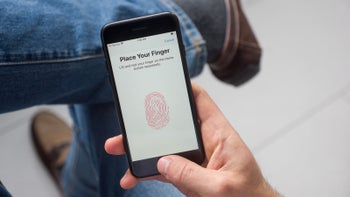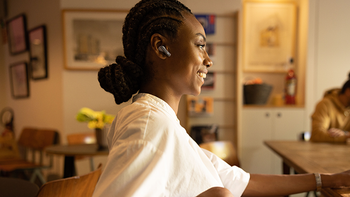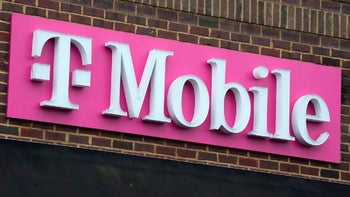Apple, Google, and Microsoft commit to expanded use of passwordless sign-ins

Let’s be honest, nobody likes passwords. They’re hard to remember without access to a secure password manager, a different one is advised for each website and app, and they’re not even that secure. But soon passwords could be a thing of the past.
In a joint statement released earlier today, three of the biggest tech companies in the world — Apple, Google, and Microsoft — committed to working together to expand the availability of passwordless sign-ins across all sorts of devices.
The efforts revolve around the password-free standard created by the FIDO Alliance and World Wide Web Consortium. Apple, Google, and Microsoft already support the standard across their platforms by letting users sign into accounts with different biometric authentication methods like Touch ID.
But their next moves will take things to the next level. The changes, which are to be rolled out to the companies’ platforms over the coming year, mean that users will be able to access their FIDO sign-in credentials across many devices, even new ones.
So you won’t have to bother with the hassle of signing into every single app when accessing them for the first time from a secondary device or a completely new one. You’ll instead be able to use Face ID or your device’s fingerprint scanner to access them from the get-go!
Looking to sign in to a website on your Windows laptop but it doesn’t have a fingerprint scanner? No problem, just use the fingerprint scanner on your phone or the Face ID on your iPad Pro to log in instead.
While it’s not been explicitly confirmed, these passwordless sign-in upgrades are likely to roll out as part of Apple’s iOS 16 and macOS 13, and Google’s Android 13 releases later this year. A future version of Windows 11 should introduce the changes for Microsoft’s users too.
Your face and finger will soon be all you need, even on new devices
The efforts revolve around the password-free standard created by the FIDO Alliance and World Wide Web Consortium. Apple, Google, and Microsoft already support the standard across their platforms by letting users sign into accounts with different biometric authentication methods like Touch ID.
So you won’t have to bother with the hassle of signing into every single app when accessing them for the first time from a secondary device or a completely new one. You’ll instead be able to use Face ID or your device’s fingerprint scanner to access them from the get-go!
And it doesn’t stop there. You’ll also be able to use biometric authentication to log into websites and apps on a nearby device that doesn’t have this option. The best part? It’ll work with any nearby device regardless of the browser or OS platform.
Looking to sign in to a website on your Windows laptop but it doesn’t have a fingerprint scanner? No problem, just use the fingerprint scanner on your phone or the Face ID on your iPad Pro to log in instead.
While it’s not been explicitly confirmed, these passwordless sign-in upgrades are likely to roll out as part of Apple’s iOS 16 and macOS 13, and Google’s Android 13 releases later this year. A future version of Windows 11 should introduce the changes for Microsoft’s users too.









Things that are NOT allowed: